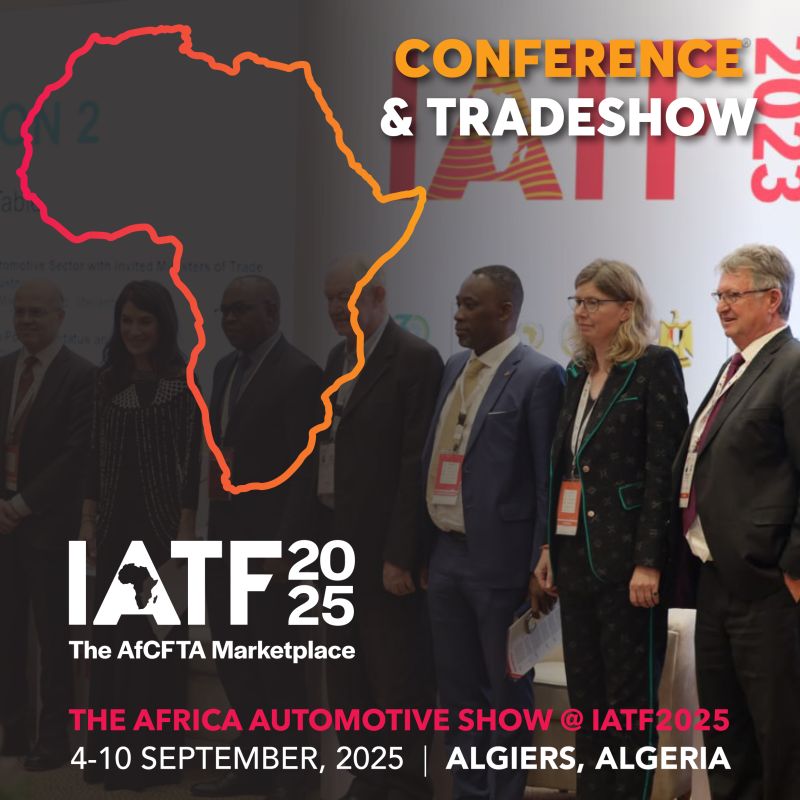President Donald Trump announced on Friday that his administration will exempt several key metals, including gold bullion, tungsten, uranium, and graphite, from the sweeping global tariffs previously imposed under his trade policy. At the same time, the White House confirmed that silicone products, along with resin and aluminum hydroxide, will now face tariff levies. The new directive, issued through an executive order, is set to take effect Monday.
Also Read: Breakthrough in mechanised mining: Narrow reef cutting and mobile tunnel boring advancing at Bokoni
The decision marks a significant adjustment to Trump’s broader trade strategy, which he has justified as a safeguard against threats to national security. The exemptions are designed to ease pressure on industries that rely on materials not readily produced or mined in the United States. By lifting tariffs on critical resources such as specialty metals and minerals, the administration aims to stabilize supply chains for aerospace, medical devices, electronics, and other advanced technologies.
The executive order also clarifies earlier confusion in the marketplace, particularly regarding gold bars. A previous ruling by U.S. Customs and Border Protection suggested that bullion imports could be taxed, creating uncertainty among traders and investors. Trump’s order formally exempts gold from tariffs, following recommendations from trade and economic officials who argued the measure was necessary to avoid disruption in financial markets.
Another key aspect of the policy shift is the delegation of authority to the U.S. Trade Representative and Commerce Department. Under the new rules, these agencies can more swiftly implement framework agreements with major partners such as the European Union, Japan, and South Korea. This move reduces the need for repeated executive orders and could accelerate bilateral trade negotiations.
While Trump continues to champion tariffs as a tool to correct trade imbalances, the evolving exemptions highlight the balancing act his administration faces. Critics of the tariffs have warned that blanket levies risk raising prices on essential imports, particularly goods that cannot be produced domestically, such as certain pharmaceuticals, specialty coffee, and rare minerals. The administration appears to be responding to these concerns by carving out exceptions for industries deemed vital to national interests.

At the same time, the extension of tariffs on silicone products and certain chemicals signals that the White House remains committed to targeting areas where U.S. producers seek protection. The revised measures also align with ongoing investigations into the pharmaceutical sector, which continues to be a flashpoint in global trade discussions.
Overall, the exemptions represent a recalibration of Trump’s trade policy rather than a retreat. By shielding critical minerals from tariff costs while tightening restrictions in other sectors, the administration is attempting to strike a balance between protecting American industries and ensuring access to resources that are indispensable for modern manufacturing and technology.















